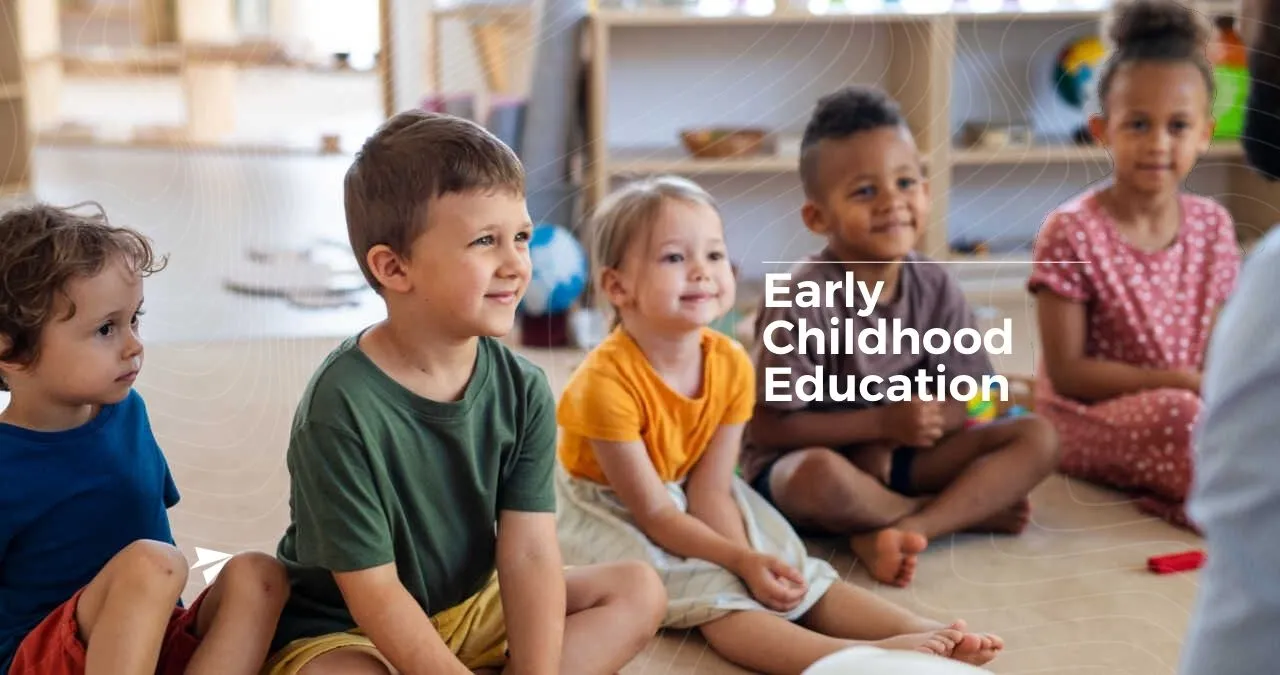Early childhood educators play a pivotal role in shaping the future of our society. As dedicated professionals, they nurture and educate young minds during their most formative years. This article delves into the rewarding career of an early childhood educator, shedding light on the importance, challenges, and the immense satisfaction that comes with this vital role.
Importance of Early Childhood Education: Early childhood education is the foundation upon which a child’s lifelong learning journey is built. This crucial phase, typically spanning from birth to eight years, is a time of rapid brain development and exploration. Early childhood educators create a nurturing and stimulating environment that fosters cognitive, emotional, and social development. They introduce children to foundational skills such as language, problem-solving, and interpersonal communication.
The Role of an Early Childhood Educator: Early childhood educators wear many hats. They plan and implement age-appropriate educational activities, ensuring that children are engaged, curious, and excited to learn. These professionals are also responsible for observing and assessing each child’s progress, adjusting their teaching methods to suit individual needs. Beyond academics, they help children develop vital life skills, including social interaction, empathy, and self-regulation.
Qualifications and Training: Becoming an early childhood educator typically requires a degree in early childhood education or a related field. Many countries have specific certification and licensing requirements to ensure that educators meet certain standards of competence and safety. Continuous professional development is also encouraged to stay updated on the latest teaching methods and child psychology research.
Challenges in Early Childhood Education: While a career as an early childhood educator is deeply rewarding, it comes with its share of challenges. These challenges may include managing large class sizes, addressing diverse learning needs, and sometimes working with children who have experienced trauma or adversity. Additionally, educators must collaborate closely with parents and guardians to ensure that a child’s development is well-rounded.
Rewards of the Profession: The rewards of being an early childhood educator are immeasurable. The bonds formed with children as they grow and learn are lasting and heartwarming. Witnessing a child’s first steps, their first word, and the twinkle in their eye as they grasp a new concept are moments of pure joy. Early childhood educators also contribute to a more equitable society by leveling the playing field for children who may face disadvantages.
Impact on Future Success: Research consistently shows that high-quality early childhood education positively impacts a child’s future success in school and life. It is during these years that a strong educational foundation is laid, setting the stage for critical thinking, problem-solving skills, and a lifelong love of learning. Early childhood educators are instrumental in ensuring that children embark on their educational journeys with enthusiasm and a strong knowledge base.

